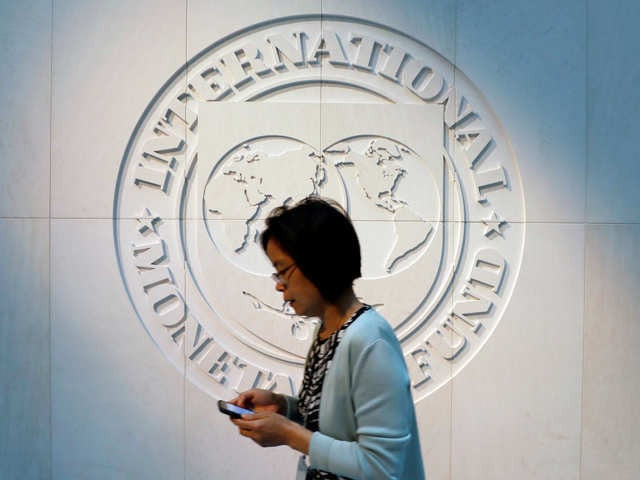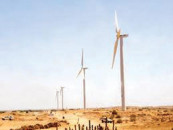IMF against blanket food, fuel subsidies
Global lender says subsidies encourage more energy consumption and feed price hike

The International Monetary Fund (IMF) said on Tuesday governments fighting soaring food and fuel prices should target aid to vulnerable citizens rather than issuing across-the-board aid that risked adding to strains on public finances.
Russia-Ukraine conflict has led to sharp spikes in food and fuel prices, compounding global economic woes. the IMF said in a blog that more than half of 134 countries surveyed had introduced subsidies or tax cuts to soften the blow of soaring price.
“Policymakers should allow high global prices to pass through to the domestic economy, while protecting vulnerable households affected by the increases,” the IMF said. “That’s ultimately less costly than keeping prices artificially low for all irrespective of their ability to pay.”
Read Indian government trims tax on fuel to fight inflation
The IMF often makes the removal of subsidies a condition for giving aid. Pakistan recently slashed fuel subsidies to secure a bailout from the IMF. Tunisia said on Tuesday it would start cutting energy and food subsidies next year, as it seeks a $4 billion IMF loan.
The IMF blog noted that governments had passed less of the rise in oil prices onto consumers in the first four months of this year than they had in 2021, adding that subsidies encouraged more energy consumption and thus fed the price rises.
Food security concerns may mean that some governments have no option but to introduce subsidies and even hand out basic staples, the blog said, but it advised that “clear sunset clauses” for their termination were needed.


















COMMENTS
Comments are moderated and generally will be posted if they are on-topic and not abusive.
For more information, please see our Comments FAQ